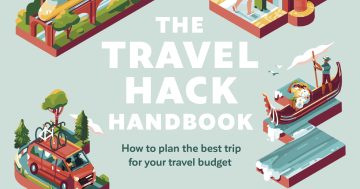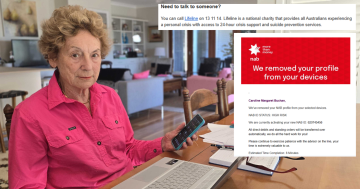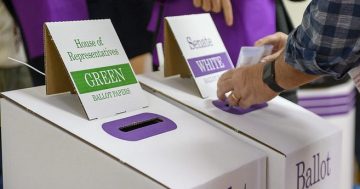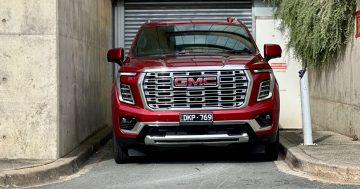Matt Hopkins* explains how to avoid unnecessary currency fees on your next trip overseas.
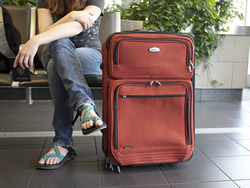
Photo: Katy Veldhorst
Travelling can be an expensive venture whether it’s for work or play, so it makes sense to try to save money at every turn.
While nabbing cheap flights or accommodation are obvious ways to save a buck or two, it can be easy to forget the finer details of travelling, like currency exchange, for example.
When it comes to money and travelling, unnecessary fees can be lurking almost everywhere, and according to a study by InsureandGo, only 11 per cent of travellers say they’ve successfully avoided these costs.
Here are five ways to keep currency costs to a minimum.
Don’t convert money at airports
Airport exchange kiosks often take a big cut of your cash and are considered by many to be among the worst places to convert currency.
Avoid these kiosks unless you absolutely must use them. A better alternative is to shop around for the best rate prior to your trip.
Rather than going for straight cash, pre-purchase here in Australia and withdraw it when you’re overseas to avoid having wads of cash on you while you get around.
It goes without saying, but keep an eye on the market and try to time your purchase when the Australian dollar is at a high point.
Get a travel card
A specialised travel card will usually leave you better off compared with a standard Australian debit or credit card.
The beauty with these is that an exchange rate can be locked in before setting off, which can be a real advantage if the market is a little tumultuous during your trip.
It’s worth keeping in mind that this can also work against you.
Fees still apply, but it’s often better than the alternative.
These are generally charged as loading fees, so they’ll take a small cut when you put money on to the card.
They can be as small as 1.1 per cent of the loading value, or as high as $15 every time you top up – so shop around for the best deal.
Make sure you know what you’re signing up for before you close the deal and always check to see if fees can be waived.
Check your own bank’s rates
Always check out what your bank offers before you set out on a trip because it could influence how you handle your money abroad.
For example, some banks offer better conversion fees on credit cards when compared with debit cards, and others might waive fees altogether if you use specific ATMs in other countries.
Make sure you’re armed with all the info you need before you hit the airport.
Jump ship for a better deal
Some banks will be worse than others when it comes to things like conversion fees, and if you’re someone who travels a lot, it could be worth jumping ship for a better deal with someone else.
A good example is Credit Union Australia’s Everyday Snap Account, which refunds international ATM withdrawal fees and international card transaction fees.
The bank will only refund its own fees, not ones incurred by certain ATMs or when sending money to an overseas account.
You also need to be depositing $2,000 from an external account and making at least five Visa Debit Card transactions each month to qualify.
There are plenty of other benefits to the account: $0 monthly account fees, unlimited fee-free transactions within Australia, Google Pay, Apple Pay and Samsung Pay functionality, and savings top-ups between $0.50 and $5 with each CUA Visa Debit card purchase over $10.
* Matt Hopkins is Senior Native Content Manager at Pedestrian Daily. He tweets at @mopkins88.
This article first appeared at www.businessinsider.com.au



